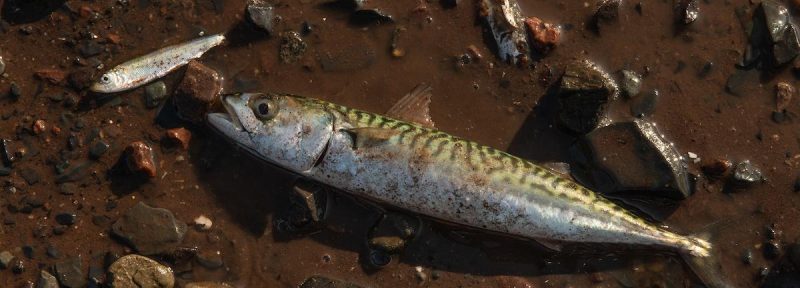Oceans North Welcomes Moves to Reduce Emissions from Marine Industries in Nova Scotia’s Climate Plan
HALIFAX—Yesterday, the province of Nova Scotia released a new climate plan that includes support to reduce emissions from the fishing industry and a path towards developing green hydrogen—two promising initiatives that will help fight climate change and boost the economy.
“Despite their importance both as emitters and economic drivers, marine industries are sometimes overlooked in the climate change conversation,” says Susanna Fuller, Oceans North’s Vice President of Operations and Projects. “We’re happy to see the province taking measures that will help address emissions from fishing and ports while increasing our economic competitiveness.”
According to Nova Scotia’s climate change risk assessment, the province’s fishing industry is already feeling the effects of a warming ocean, and those impacts will continue. It’s crucial that fishers adapt to—and play their part in mitigating—the effects of climate change. Today’s announcement includes a fund that will help fishers do both.
Just last week, Oceans North announced its own work towards this goal through a partnership with Membertou First Nation to develop a zero-emission lobster vessel. According to one estimate, decarbonizing the inshore lobster fleet alone could displace 82 million kilograms of carbon dioxide—the equivalent of 20,000 cars—while providing new economic opportunities for Nova Scotia’s boat building industry. “The long-term prosperity of our fisheries is connected to how well we can deal with and adapt to climate change,” says Katie Schleit, Fisheries Director at Oceans North.
The climate plan also announces Nova Scotia’s intention to develop a green hydrogen action plan by 2023. Green hydrogen is a zero-emission fuel that has the potential to reshape the shipping industry, which is responsible for about 3 percent of global emissions. “We’ve already seen really positive trends in this area, like the announcement of a green shipping corridor between Halifax and Hamburg,” says Brent Dancey, Oceans North’s Director of Marine Climate Action. “Cooperation between industry and all levels of government will be key if Nova Scotia is going to seize this opportunity.”
However, one marine industry was notably absent from the climate plan: offshore oil and gas. The International Energy Agency has made it clear that if we want to reach net-zero emissions by 2050 and ensure a liveable planet, we cannot allow new oil and gas developments. Yet earlier this year, the Canada-Nova Scotia Offshore Petroleum Board (soon to renamed the Offshore Energy Board) issued a new call for companies to drill in the province’s waters. “There has been little to no interest in recent bids for exploration in Nova Scotia’s offshore,” Fuller says. “It’s time to sunset this industry and look towards the future.”
For more information, please contact:
Alex Tesar
Communications Manager
Oceans North
[email protected]




